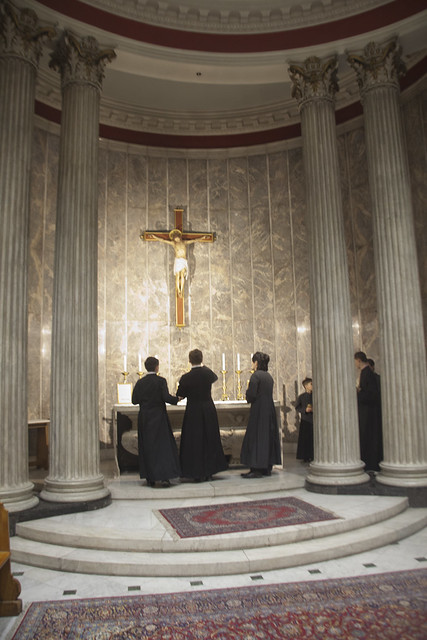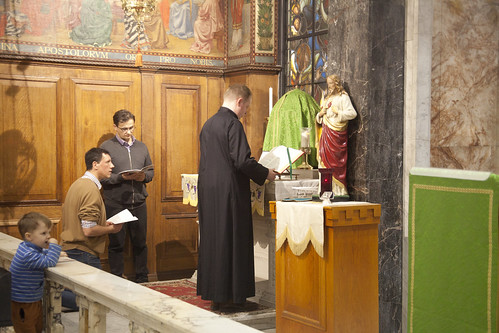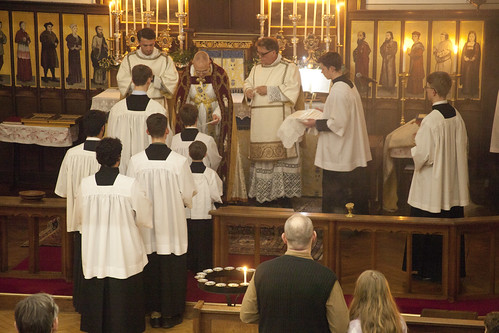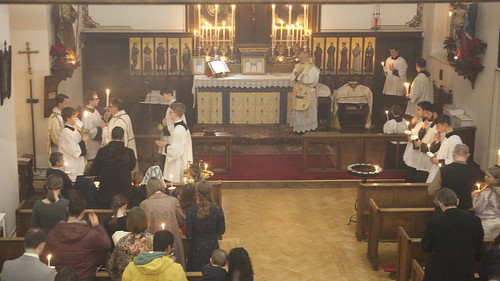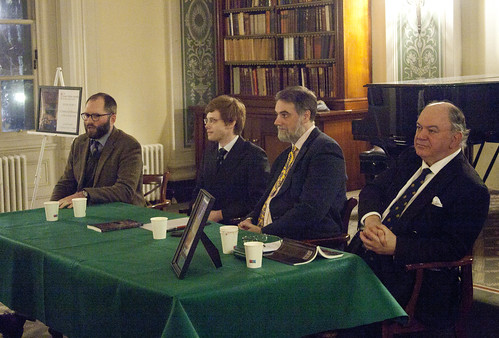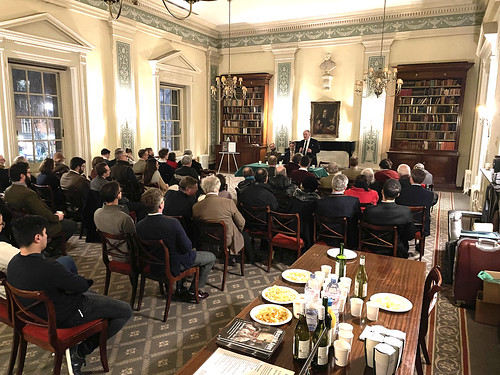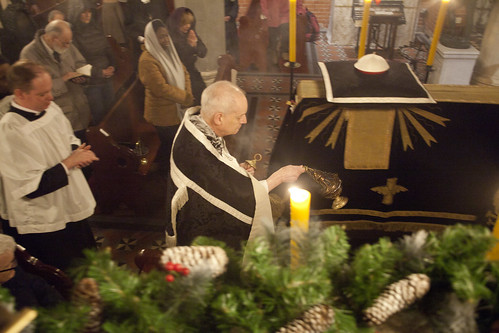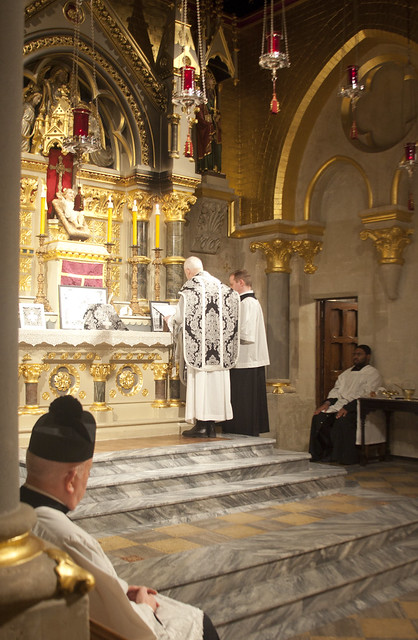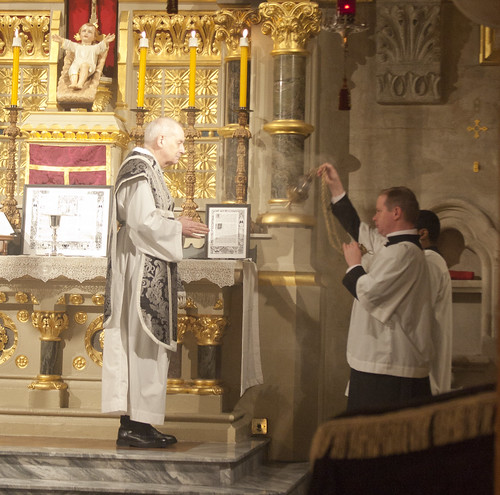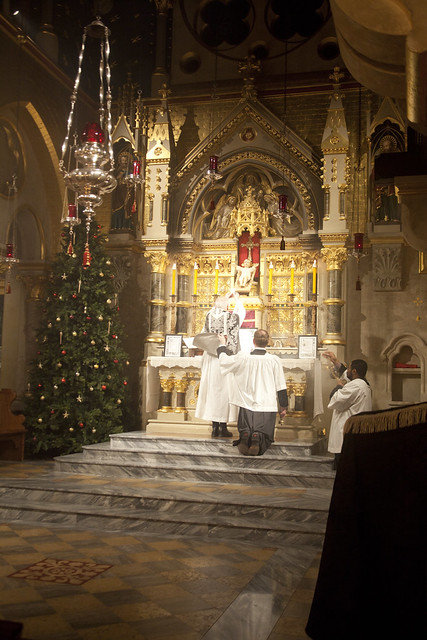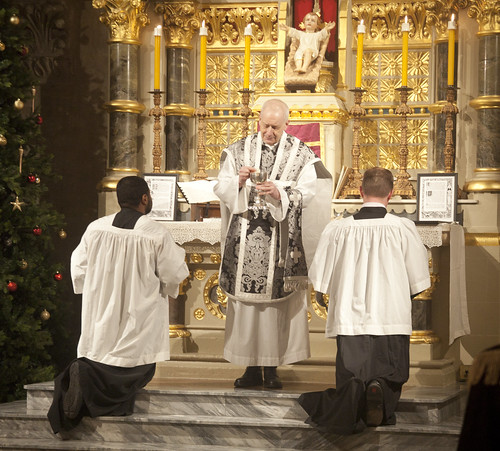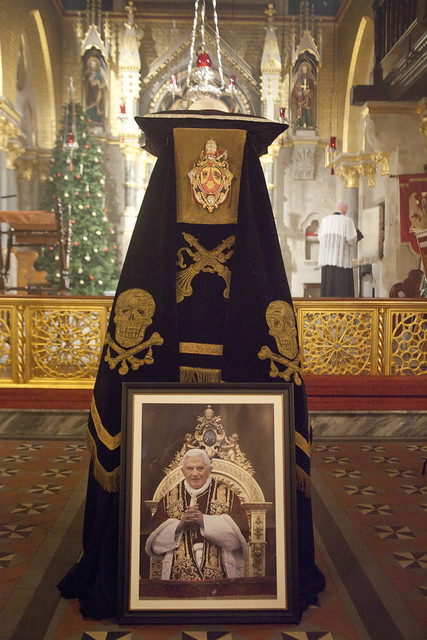Chairman's Blog
Ash Wednesday and St Valentine: for Catholic Answers
A feast day like Christmas will fall on a Sunday only approximately once every seven years. Even less frequent are the occasions when significant dates of the sanctoral and paschal cycles coincide. The most famous of these occasional coincidences is that between Good Friday and the Feast of the Annunciation, March 25. It last happened in 2016 and will not happen again until 2157.
This year, we have the coincidence of Ash Wednesday and the traditional date of the feast of the Roman martyr St. Valentine.
Talks and Endorsements for 'A Defence of Monarchy'
HE Eduard von Habsburg, Hungarian Ambassador to the Holy See
This is an incredibly interesting and well done book. It is especially valuable that it makes the argument in favour of even a weak monarchy, in its constitutional powers and even in terms of the personal commitments of it representatives. Instead of giving way to despair, the book encourages us to continue to appreciate the constitutional and symbolic importance of monarchy, while we wait for a monarchy that embodies Catholic principles in their fullness.
Fr Calvin Robinson, Patron of the British Monarchist Society
This book provides many lessons to Roman Catholics on why the British monarchy is a good thing; how Christians can be united around the British institution, even with our differences; and a staunch reminder that British heritage is undeniably Catholic, and a strong preserver of Catholic tradition through ceremonies such as the coronation and funeral services of the monarch. The last thing any traditionalist should want to see is the end of Catholic tradition.
Gavin Ashenden, Chaplain to the Queen 2008-2017
This excellent and intriguing new book edited by Dr Shaw, defending the monarchy from a Catholic perspective, offers not only an informed perspective on constitutional developments and realities, but makes a powerful case that the monarchy we have offers us a great deal more than would a republic. It also serves as a defence of the integrity of Elizabeth II against under-informed anxieties held by some passionate defenders of the rights of the unborn child. The grasp of constitutional and historical development makes refreshing reading for anyone interested in our constitutional settlement not only as a matter of history, but also to furnish us with ways of judging the political dilemmas a turbulent cultural future may present us with.
Server training and vestment mending in London
The next dates are
Saturday 20th April (booking page)
Saturday 8th June (booking page)
See the Society of St Tarcisius website, and the Guild of St Clare, for more information.
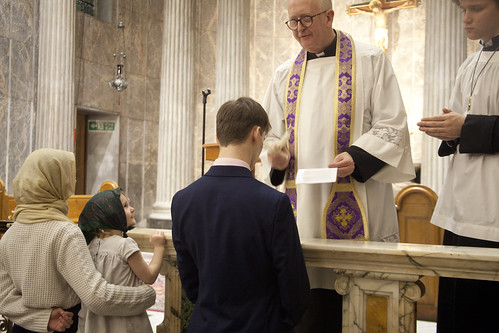
Support the Latin Mass Society
Candlemas in Oxford
Visit to Ireland
74 Merrion Square S,
Dublin 2, D02 HH99
Liturgy and Marriage'
Chairman's Briefing: the African Bishops and the Vatican
Another of my 'briefings' to supporters of the Latin Mass Society.
It begins:
Cardinal Abongo In the last Briefing I introduced Fiducia supplicans and initial reactions to it. These reactions have continued to come in, and many of them are less than welcoming. Indeed, only a small number of Bishops’ Conferences have made statements expressing any pleasure about the document being published. Most official reactions have been very guarded, and some, while diplomatic, clearly regard the document as ill-judged. Many of the strongest negative reactions have come from African Bishops’ Conferences.
You can see my latest 'briefing' here.
Sign up to receive them by email here, along with our monthly newsletter.
Book launch for 'A Defence of the Monarchy'
Blessings for Irregular couples: a conversation with Fr McTeigue
Link With Show Notes:
https://directory.libsyn.com/
Direct Audio Download:
http://traffic.libsyn.com/
Support the Latin Mass Society
Anniversary Requiem for Pope Benedict XVI: photos
Artistic modernists rally for the Traditional Mass: in the Catholic Herald
Strange bedfellows: Unlikely figures who rallied around the Traditional Latin Mass in the 60s and 70s
When the post-Vatican II liturgical reform was getting underway in 1966, and again when the reformed Mass had been unveiled in 1971, petitions signed by intellectuals and cultural figures – poets, writers, artists, musicians – called for the preservation of the older liturgy, alongside the new. These voices were heard by Pope Paul VI, who tried to insist on the preservation of the sung Latin Office in Sacrificium laudis in 1966, and granted England and Wales permission for continuing celebrations of the older Mass in 1971. This was extended to the whole world by Pope John Paul II in 1984.
It is not surprising to find among the 1966 petitioners the reactionary convert novelist Evelyn Waugh, or the 1971 petitioner Agatha Christie, with her appreciation for the reassuring and nostalgic alongside the sinister and murderous. It is more surprising to find the non-Catholic, homosexual artistic modernists Benjamin Britten and WH Auden, both signatories in 1966. Auden, who by then had returned to the High Anglicanism of his upbringing, went on to criticise Anglican liturgical reform in the strongest terms. Before his death, TS Eliot also turned out to have archly traditional opinions on Anglican worship.





